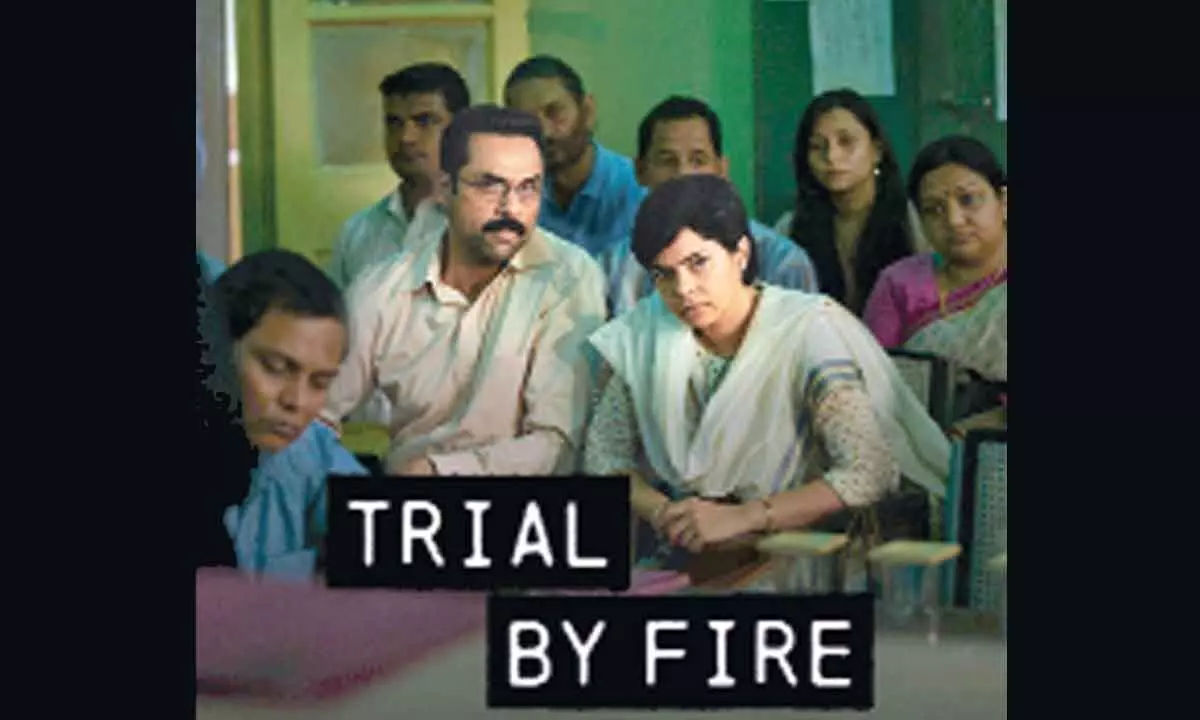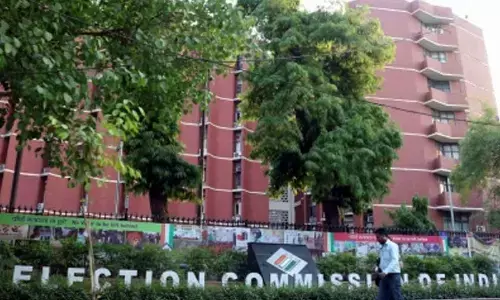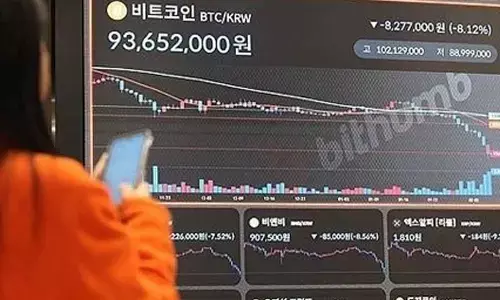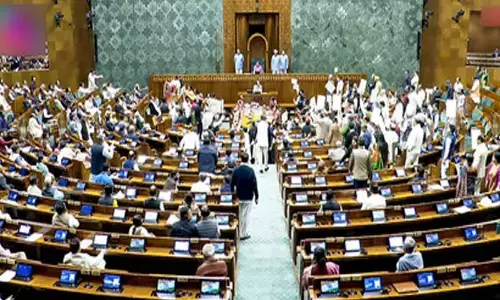Web series directly attack Ansal's personality, HC told

New Delhi: Real estate tycoon Sushil Ansal, convicted in the 1997 Uphaar cinema fire case, Wednesday contended before the Delhi High Court that web series 'Trial by Fire', stated to be based on the incident and scheduled for release on Netflix on January 13, directly attacks his personality.
A massive fire had broken out at the Uphaar cinema during the screening of the Hindi film 'Border' on June 13, 1997, claiming 59 lives. Ansal, who alleged defamation caused to him, urged the court to grant an injunction against the release of the web series as even its teaser has got 1.5 million views in four days which shows the immediate impact it has. The lawsuit by 83-year-old Ansal also sought to restrain the circulation and publication of a book titled "Trial by Fire- The tragic tale of the Uphaar Tragedy" which was launched in 2016. Justice Yashwant Varma, after hearing arguments for over one-and-a half-hour, reserved order in the matter. Ansal's counsel argued, "They directly attack my personality.
They call me directly by my name. There can't be a more direct attack on my personality. My name is there in the web series." Ansal's plea was vehemently opposed by the counsel for producers of the web series, Netflix and authors of the book -- Neelam and Shekhar Krishnamoorthy -- who lost their two children in the fire tragedy. As the counsel for Ansal pointed out that the book belies the court's observations, decision and even the allegations against the plaintiff (Sushil Ansal), the judge remarked that mere critique of a judgment could be result of the anguish of parents and it has nothing to do with his claim of defamation.
"I am an 83-year-old man, have suffered what I had to suffer. I am being called as a 'murderer' and a 'mass murderer'. This web series is going to be a mischaracterisation of me, the process and the system. We still have 36 hours till the movie is made public. I request this court to watch the movie before its release," senior advocate Siddharth Aggarwal, appearing for Ansal, said. Ansal's counsel said he gained knowledge about the web series on January 4 when the official trailer was released and was shocked to know that a series claiming to be based on 'true facts' used his real name and depicted him in a vilifies manner. Senior advocate Rajiv Nayar, appearing for Netflix Entertainment Services India LLP, contended that the book which has been in public domain since 2016 has now turned into a film and courts have always deprecated injunction at the stage of teaser. He said in December 2019, there were news reports that a web series is being created on this book and even the teaser was released on January 4 but the plaintiff has approached the high court only on January 10, at the last moment. "Something which is in public domain for the last six years is being raised now," Nayar contended. Senior advocate Sandeep Sethi, appearing for Endemol India Pvt Ltd and House of Talkies which are the producers of the series, said people have a right to know what had happened in the incident and this is a story of two parents. Senior advocate Vikas Pahwa, representing Krishnamoorthy couple, said the book is not about Ansals, it is about the whole trial that took place in the case. When the book was published, an application was filed in the Supreme Court that Ansals should not be allowed to travel abroad and notice was issued to them and reference of the book was also there in the plea, he said. "This was reported by the media. How can they now say that they do not have knowledge of the book? This is very unfortunate," Pahwa contended.
In his plea, Ansal said he has been "punished both legally and socially" and the release of the series, which is stated to be based on the book written by a couple who lost their two children to the fire, would cause irreparable harm to his reputation and breach his right to privacy.
















